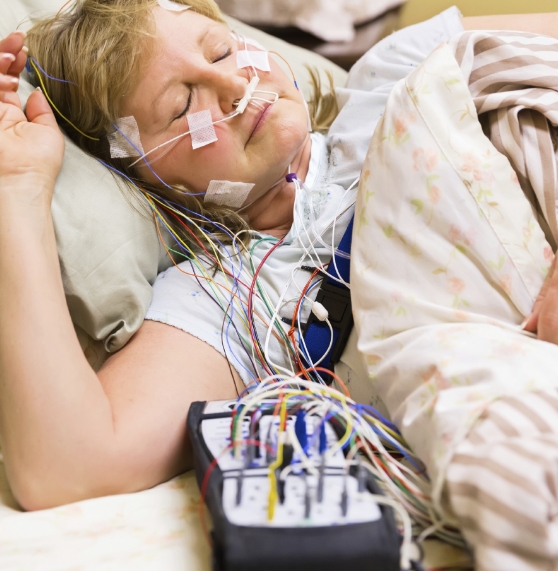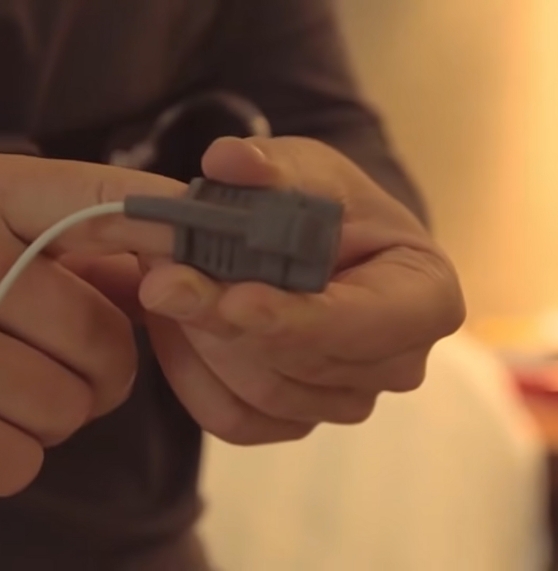Sleep Apnea Testing Northern Arizona
Diagnosing Your Sleep Disorder
Your sleep apnea needs to be diagnosed before it can be treated. There are two main ways to do this: an in-lab sleep test or a take-home sleep test. Our team at Sleep Better Southwest can help you make the necessary arrangements to have either type of sleep test performed so that you can get the reliable diagnosis that you need. Reach out today to set up a consultation with Dr. Held and learn more about your options for sleep apnea testing in Northern Arizona.



